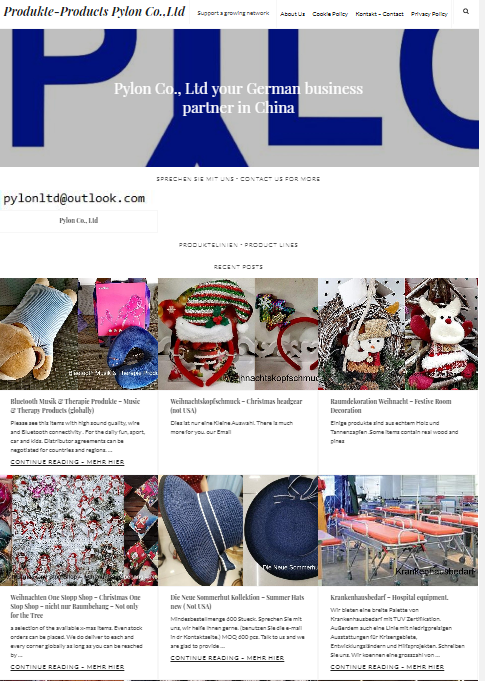Book on Ningbo dialect published
- Details
- Category: Ningbo News
- Published: Tuesday, 31 August 2021 14:14
“Learning Ningbo Dialect”, a monograph on Ningbo dialect, was recently published by Shanghai University Press. The book, with a record of the features of contemporary Ningbo dialect, is not only a popular textbook for learning Ningbo dialect, but also a collection of fresh corpus of the dialect.
Qian Meng, the author of this book, is a native of Ningbo. In his early years, he studied for a master’s degree on Chinese Dialects in the Chinese Department of Shanghai University, under the guidance of Professor Qian Nairong, a famous linguist. His master’s thesis is on the grammar of Ningbo dialect, and he has also published such papers as “SOV Sentence Pattens in Ningbo Dialect”.
The book has 20 lessons, covering words, sentences and proverbs in all aspects of social life in Ningbo, with the content of each lesson closely combined with the local life scenes and folk customs. For example, “red and green colors are most beautiful, and fish and meat
are most delicious”. Each lesson is divided into several sections. For example, the “greeting” lesson is divided into five sections, namely “meeting and greeting”, “welcoming guests”, “seeing people off”, “giving thanks” and "”saying please and sorry”, so as to facilitate the readers on various occasions. In the meantime, after each class, there will be “interpretation of common words in Ningbo dialect”, “grammar points” and “links to traditional Ningbo dialect”. For instance, a proverb about the snails speaks of Ningbo People’s preference for having snails, the most common aquatic product, for food, and it also serves as a kind of kidding to the poor. Some traditional sayings of Ningbo dialect are included in the book, which is convenient for readers to systematically and comprehensively understand the dialect.
This book is arranged according to the places where daily communication occurs, and the content is closely connected with the local life scenes and folk customs in Ningbo. It is arranged in the form of dialogue and phoneticized with the “Pinyin scheme of Ningbo dialect”, which covers all aspects of Ningbo social life, with the appendixes of “most commonly used words”, “traditional Ningbo dialect” and “grammar points”








